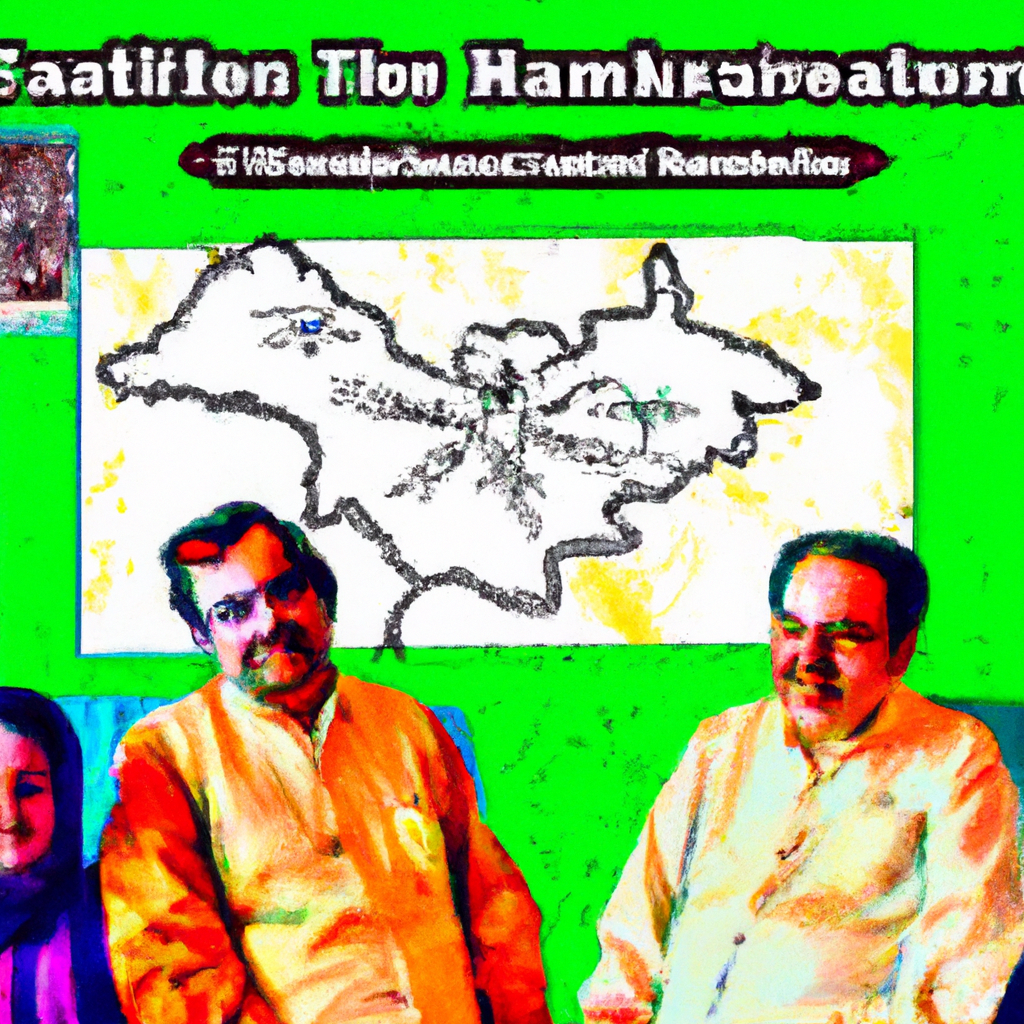Restoring Statehood to J&K: A Vital Call by Visiting Trinamool Delegation – Shlok’s Automation
In recent political events, the visiting Trinamool delegation has voiced its views on a major issue that impacts the socio-political landscape of India: the restoration of statehood to Jammu and Kashmir (J&K). This call has sparked vigorous debates, highlighting a critical issue that demands the attention of India’s political machinery and its citizens.
The Trinamool Delegation’s Stance
The Trinamool Congress delegation, led by senior party member Saugata Roy, recently visited J&K to gauge the ground reality and understand the sentiments of the locals. The delegation stood firm on its stance that the restoration of statehood to J&K is an urgent necessity. This call is to uphold the democratic values of the country and ensure that the people of J&K enjoy the same rights as citizens of other Indian states.
The delegation voiced its concern over the prolonged restrictions on the internet and other communication channels in the region. They emphasized that the restoration of statehood would restore the region’s autonomy, enabling it to make decisions that are in the best interests of its people.
Why is the Restoration of Statehood Important?
The revocation of J&K’s special status in 2019 and its bifurcation into two Union Territories – Jammu and Kashmir, and Ladakh, has been a contentious issue. Critics argue that this action has eroded the democratic values of the country and has left the people of J&K feeling marginalized and disenfranchised.
The restoration of statehood would mean that J&K would regain its legislative assembly and council, thereby enabling it to pass laws on all matters except defense, foreign affairs, and communications. This would give the people of J&K a greater say in their governance and give them a sense of belonging and representation in the Indian democracy.
The Road Ahead
The Trinamool delegation’s call for restoring statehood has been echoed by several other political parties, including the National Conference and the People’s Democratic Party. However, the final decision lies with the central government.
The government has indicated that it is open to the idea of restoring statehood to J&K, but it has also insisted that it will be done at an appropriate time. This has led to speculations about when and how this will be implemented.
While the road to restoring statehood is fraught with challenges, the Trinamool delegation’s call has undoubtedly ignited a crucial conversation. It has brought the issue to the forefront of national consciousness, forcing us to reevaluate our understanding of democracy and equal rights.
Conclusion
The call to restore statehood to J&K is not just about political manoeuvring; it’s a plea for the reinstatement of democratic rights and autonomy. The Trinamool delegation’s stance has stirred an important debate, a conversation that needs to continue until a resolution is found that respects the democratic rights of J&K’s residents.
As we look forward to how this issue unfolds, it is crucial to remember that at the heart of this debate are the people of J&K, whose lives and futures are directly impacted by this decision. Their voices, hopes, and aspirations must be at the center of any discussions or decisions regarding their state’s future. Only then can we truly uphold the principles of democracy, of which India is so proud.
Anurag Dhole is a seasoned journalist and content writer with a passion for delivering timely, accurate, and engaging stories. With over 8 years of experience in digital media, she covers a wide range of topics—from breaking news and politics to business insights and cultural trends. Jane's writing style blends clarity with depth, aiming to inform and inspire readers in a fast-paced media landscape. When she’s not chasing stories, she’s likely reading investigative features or exploring local cafés for her next writing spot.





